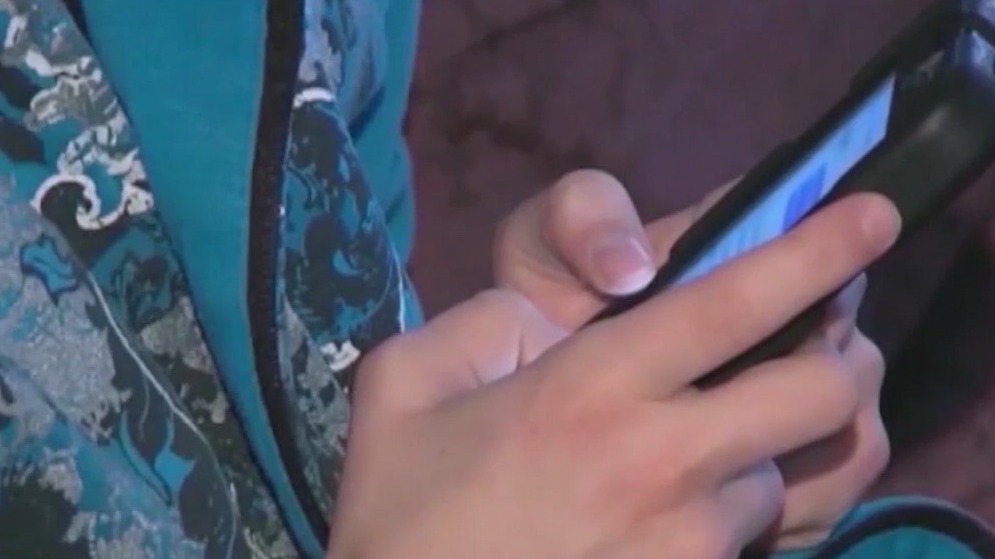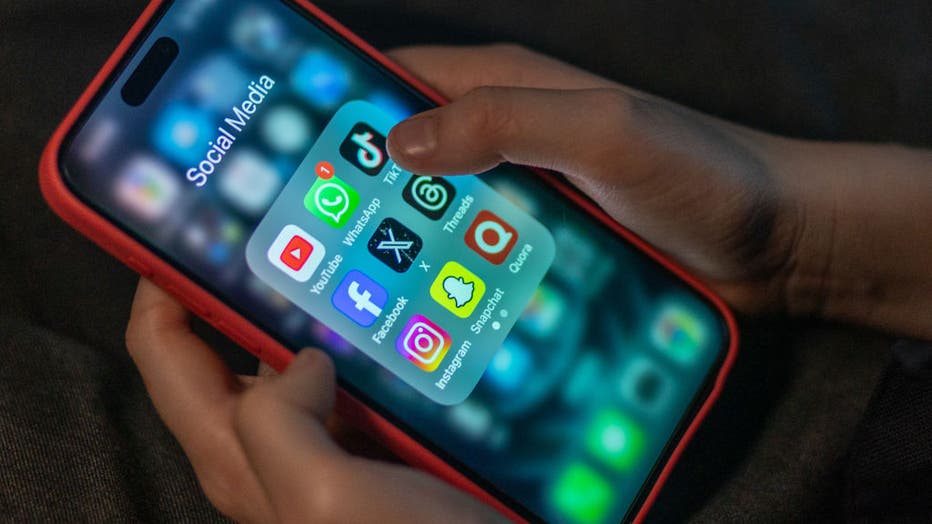Judge blocks Georgia's social media age verification law, citing free speech

Judge blocks Georgia social media law
Georgia is the latest state that has been blocked from requiring an age-verification system for kids and young teens on social media, but the fight isn't over yet.
ATLANTA - A federal judge has blocked a new Georgia law requiring age verification for social media accounts.
U.S. District Judge Amy Totenberg argued in her ruling that the law infringes on free speech rights.
The backstory:
Gov. Brian Kemp signed Senate Bill 351 into law in 2024. The law requires children younger than 16 to have their parents’ explicit permission to create social media accounts. Companies would be required to verify users' ages by July 1, 2025.
Social media companies would also be limited in how they could customize ads for children younger than 16 and how much information they could collect on those children.
NetChoice, a trade group representing online businesses, filed a lawsuit over the law, arguing that it was illegal.

Georgia law restricts minors on social media
One of the latest bills signed into law by Georgia Gov. Brian Kemp will require minors to get their parental permission before creating any social media accounts.
What they're saying:
"The state seeks to erect barriers to speech that cannot withstand the rigorous scrutiny that the Constitution requires," Totenberg wrote in her ruling.
She found that the law restricts the rights of minors, chills the right to anonymous speech online and restricts the ability of people to receive speech from social media platforms.

A 12-year-old boy looks at an iPhone screen showing various social media apps including TikTok, Facebook and X, on Dec. 19, 2023. (Photo by Matt Cardy/Getty Images)
Totenberg wrote that NetChoice’s members would be irreparably harmed by the law. She rejected arguments from the state that the group shouldn’t get temporary relief because it had delayed filing its lawsuit by a year and because the state would be required to give 90 days’ notice before enforcing the law.
"Free expression doesn’t end where government anxiety begins," NetChoice Director of Litigation Chris Marchese said in a statement. "Parents— not politicians — should guide their children’s lives online and offline— and no one should have to hand over a government ID to speak in digital spaces."
The other side:
A spokesperson for Attorney General Chris Carr said that Georgia will appeal the ruling.
"We will continue to defend commonsense measures that empower parents and protect our children online," spokesperson Kara Murray said in a statement.
The state had argued the law was meant to protect children in a dangerous place, likening it to banning them from bars serving alcohol instead of restricting their speech.
Big picture view:
Parents — and even some teens themselves — are growing increasingly concerned about the effects of social media use on young people. Supporters of the laws have said they are needed to help curb the explosive use of social media among young people, and what researchers say is an associated increase in depression and anxiety.
Totenberg said concerns about social media harming children are legitimate, but don’t outweigh the constitutional violation.
Georgia is now the ninth state where NetChoice has blocked a law over children’s use of social media. In Arkansas and Ohio, federal judges have permanently overturned the laws. Besides Georgia, measures are also on hold in California, Florida, Mississippi, Texas and Utah. Louisiana agreed to not enforce its law while litigation proceeds.
Tennesse is the only state so far where a federal judge declined to temporarily block a law, finding NetChoice hadn’t proved that people would be irreparably harmed if the law wasn’t blocked before trial.
The Source: Information for this story came from a ruling by U.S. District Judge Amy Totenberg, previous FOX 5 reporting, and The Associated Press.

